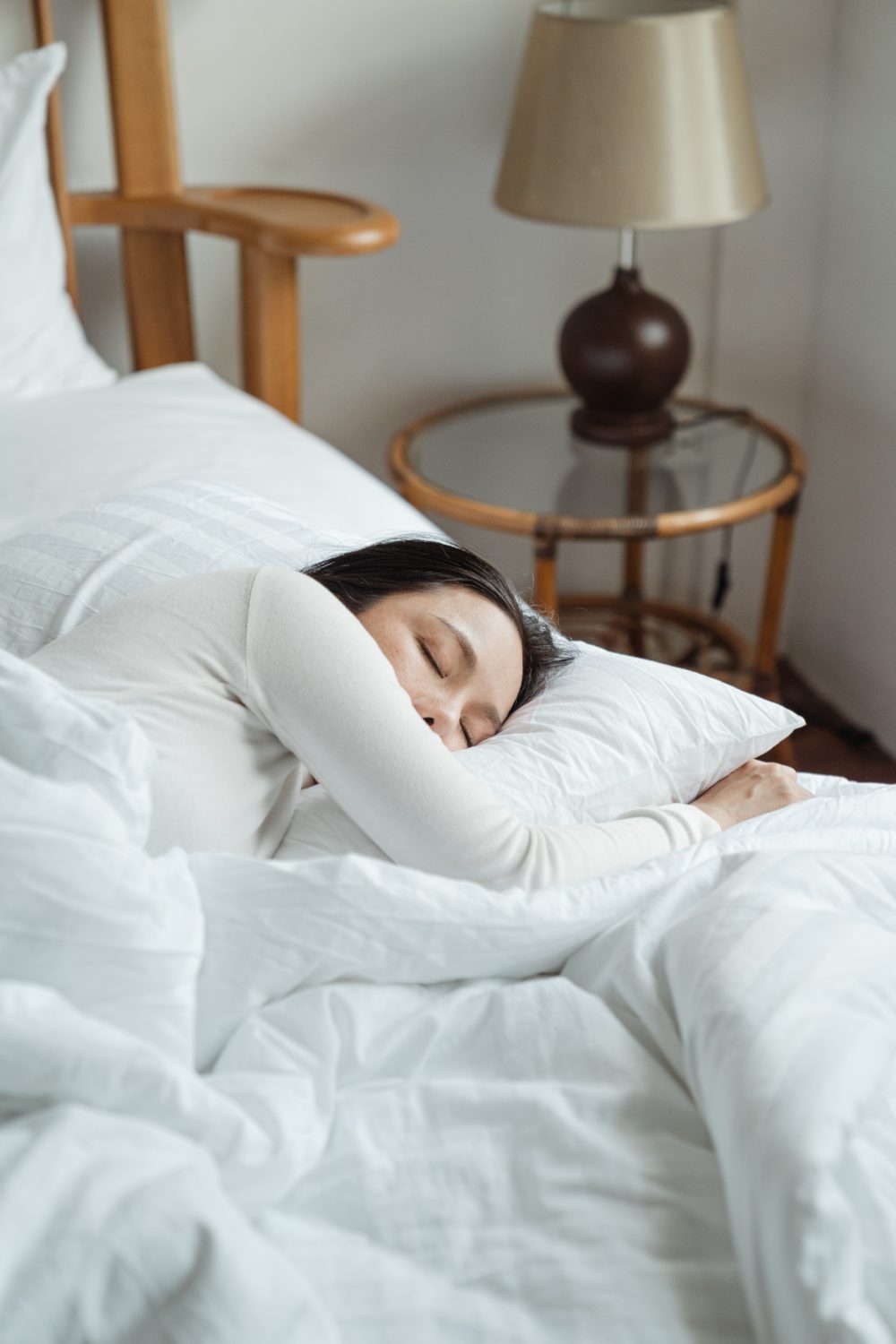
To live a holistic life, you must practice healthy habits. Sleep is one of the most underestimated healthy habits, but every person needs to take it seriously. The first way to address sleep issues is to identify what could prevent you from a good night’s rest. Below is a list of some common reasons you might not be able to sleep, as described by a sleep study clinic:
1. Mental Health Conditions
Unfortunately, most mental health conditions, especially those involving depression, anxiety, or stress, can’t be seen on the outside. This makes them even harder to identify and treat if not addressed early. People in such states only tend to focus on the negatives weighing them down and rarely see the good aspects of their lives.
If you’re preoccupied during the day, it will keep you distracted for a while. Sooner or later, these inner feelings will creep in at night in your “rest mode,” causing you to stay awake for most of the night. Individuals suffering from those conditions first need to accept that they need help and seek help from the proper channels.
2. Dietary Choices
Eating the wrong type of foods and drinks can interfere immensely with your sleep. Drinking coffee too close to bedtime is a bad idea. Think about when you drink caffeinated beverages during the day. Coffee or soda, even as early as 2 PM, could be a reason for your sleep difficulties. We are not discouraging you from having another cup of coffee if you really need it, but watch your timing by taking at least 6 hours before your bedtime if you really must drink it.
Similarly, eating heavy meals right before you settle down to sleep can cause you to stare at the ceiling for a few more hours while in bed. Try to balance out your meals and leaves heavier meals for earlier in the day and lighter sleep-inducing meals closer to bedtime.
If you do have a heavy meal, let it be 2-3 hours before your sleep, allowing your stomach to digest that food properly. Don’t also drink too much water right before bedtime, as it can seriously disrupt your sleep cycle.
3. An Irregular Schedule
Your brain and body adjust to the clock you get used to, making it easy to do your things smoothly. As such, you should keep a regular schedule of when you go to sleep and when you wake up. The same regular schedule that you keep for your working hours should be the same for your sleep time at night. Your body will get used to sleeping for a certain amount of hours and naturally wake up when it feels rested. Similarly, avoid taking long naps during the day since they’ll also give you difficulties sleeping at night.
4. Sleep Environment
Your home environment is determined by several factors ranging from; air quality, light, dust, noise, clutter, temperatures, etc. Any of these can affect how you sleep at night. Therefore, it’s necessary to create an ideal environment for sleep. In addition, condition your brain to see the bed as the only place where you get quality sleep. This means avoiding naps on the couch or using your bed as a daytime lounging spot.
5. Screen Time
After a long day, the evening hours are the best to catch up with the latest gossip in town or catch up with our loved ones. The blue and white light emitted from our phones, TVs, and tablets interferes with the sleep hormone responsible for letting your body know when it is time to get some sleep.
We are all victims of this. Though technology is a lifesaver, addiction to those gadgets, especially at night, could disrupt your sleep cycle significantly. For a start, try and dim the light just before bedtime. If the cause for using these gadgets is not urgent, limit their usage at night, especially as you approach your bedtime hours.
6. Medication
In some cases, it’s impossible to avoid taking medication, especially for chronic conditions. If your sleep difficulties began as soon as you were prescribed any drug, you need to talk to your physician. Changing your medication may help reduce your sleep difficulties. If it’s impossible to change them, your doctors may be able to prescribe sleeping pills to help you sleep better.
7. Bed Sharing
If you have an infant, bed-sharing is not optional for you. You will also experience fragmented sleep since you’ll frequently be checking on them at night. However, this is only a stage and doesn’t last long since, at some point, you will move them to their baby crib, then you can work towards resuming your sleeping schedule.
Your partner could otherwise make your sleep disappear at night, especially if they’re snoring. Luckily, if they’re willing to get treated for it, this is something that doctors can help. At times, it’s a solution like sleeping posture or exercise which could help them sleep better.
8. Vigorous Exercises
Exercise is one of the most excellent healthy living habits; however, doing an intense exercise right before bedtime is not good. They raise your heart rate to the extreme, making it difficult to fall asleep.
If you exercise right before bedtime, do more relaxing or moderate activities like swimming, yoga, walking, stretching at least one hour before bedtime. Everyone is different, but ensure that whichever preset time you prefer doing your exercises don’t interfere with your sleep.
Quality sleep is essential for everyone. It makes you stay happier, think better, and actively approach life. Identify the things causing you not to sleep better from the above list and find solutions to keep your sleep cycle on track.
About the Author
Jenn Walker is a freelance writer, blogger, dog-enthusiast, and avid beachgoer operating out of Southern New Jersey.







